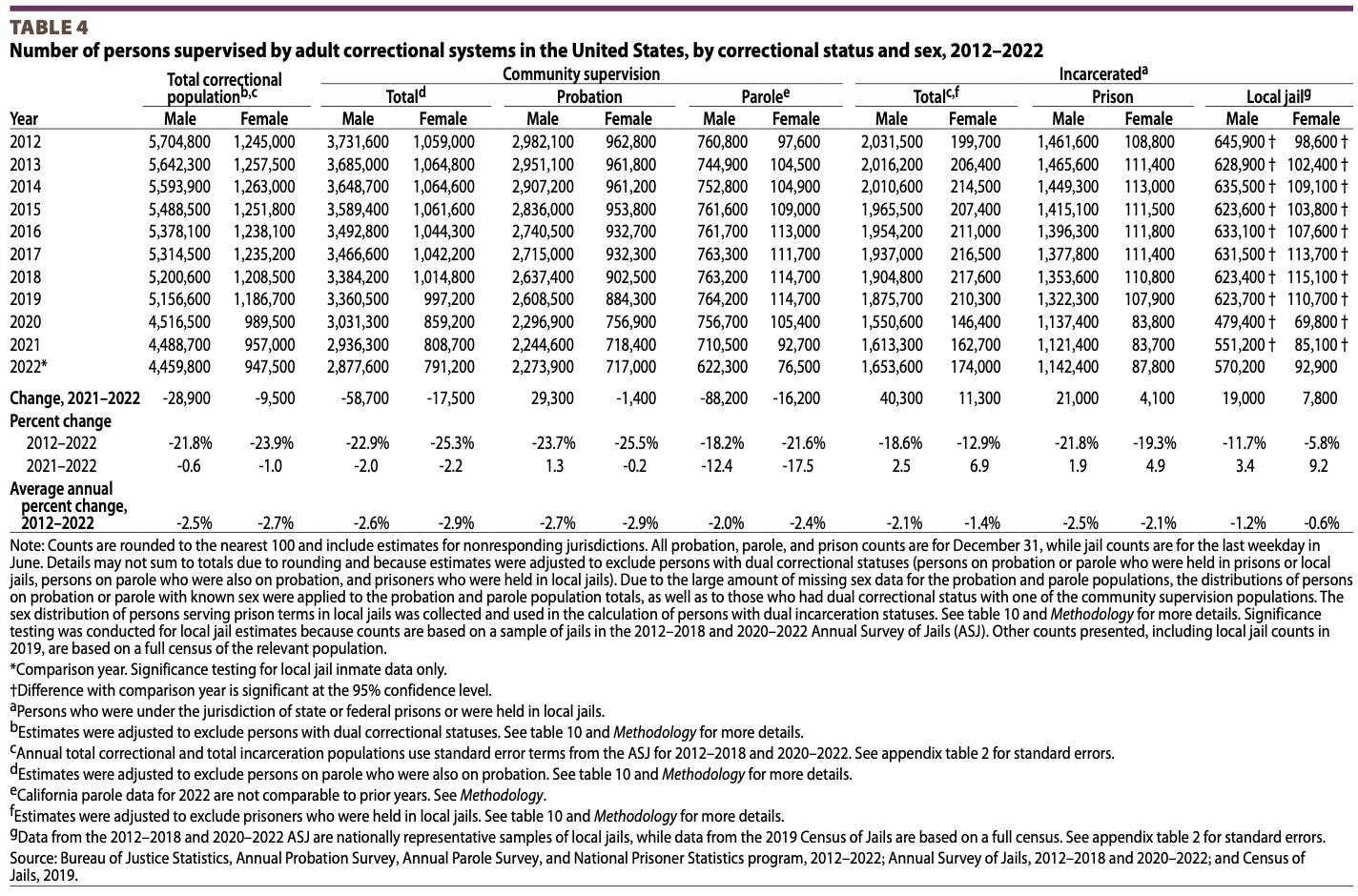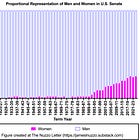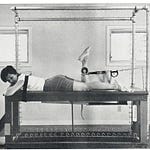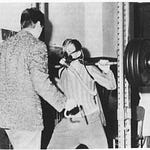On October 28, I shared data at The Nuzzo Letter showing that substantially fewer men than women vote in elections for United States (U.S.) president. This has been the case dating back to at least 1964. Each election, women make up roughly 53.5% of those who vote, while men make up the other 46.5%. In 2020, 68.4% of the adult female population voted compared to 65% of the adult male population.
Nevertheless, I did not previously discuss why fewer men than women vote in U.S. elections. In fact, that fewer men than women vote in elections seems somewhat contradictory at the surface given that men are more likely than women to report being interested in politics, read Washington news, work as political journalists, and study political science and government at university, though that specific trend has changed in the past couple of years.
Here, I present six factors or reasons that help explain why fewer men than women vote in U.S. elections. Note, this list is not necessarily exhaustive nor is it necessarily presented in order of importance.
Reason #1. Fewer men than women are registered to vote
Being registered to vote is the first step in being able to fill out an election ballot. As can be seen in the graph, fewer men than women have been registered to vote since at least 1980. During the 2020 presidential election, 79.3 million men were registered to vote compared to 89 million women – a sex difference of nearly 10 million voters.
Source: Center for American Women and Politics. Gender Differences in Voter Turnout. 2024.
Reason #2. Men are more likely than women to work full-time jobs
Even when men are registered to vote, additional factors will make it more difficult for them to cast their ballot. One of these factors is employment status. Men are more likely than women to work full-time jobs, whereas women are more likely than men to work part-time jobs. In 2020, 67.9% of men worked full-time year-round compared to 57.8% of women. By contrast, 22.4% of women worked part-time compared to 11.5% of men who worked part-time. Consequently, the average man will have less time than the average woman to visit a voting centre on election day. Moreover, a man who works full-time will also have less time to register to vote in the first place.
Reason #3. More men than women commit felonies and are in jail
Committing a crime can impact a citizen’s ability to vote. If a man or woman is convicted of a felony, their right to vote will be restricted for at least some period in most states. The extent of this restriction depends on the state. Some states, such as Ohio and Pennsylvania, automatically restore voting rights after release from prison. Other states, like Colorado and New York, automatically restore voting rights after prison and parole. For states like North Carolina and Texas, voting rights are automatically restored after prison, parole, and probation. Yet, in other states, restoration of voting rights depends on the type of conviction and/or if an individual petition or application to the government is approved. Maine and Vermont are the only states whose resident-citizens retain their right to vote while incarcerated for a felony.
These laws are more likely to impact the male than female electorate because more men than women are charged of serious offences and then later convicted of felonies.
Source: U.S. Department of Justice. Federal Justice Statistics, 2022. 2024.
Moreover, putting aside the type of crime committed, being physically in jail makes voting more difficult. This scenario applies to men more than women because men account for 92% of the U.S. prison population. In 2022, 1.6 million men were serving time in prisons or local jails compared to 174,000 women. When considering the total population supervised by the corrections system via incarceration, parole, and probation, 4.4 million men are supervised by this system compared to 947,000 women.
Source: U.S. Department of Justice. Correctional Populations in the United States, 2022 – Statistical Tables (NCJ 308699). 2024.
Reason #4. Men are more likely than women to be overseas in military
According to the U.S. Department of Defense, 82.5% of activity-duty members of the U.S. military are men. Some of these members will be serving overseas. According to USA Facts, approximately 220,000 U.S. military personnel were stationed in foreign countries as of September 2023, with roughly 168,000 listed as active-duty troops. Thus, even if a man is registered to vote, getting his ballot sent to and from Japan, Germany, South Korea, Italy, and the United Kingdom will be a barrier to his voting participation.
Reason #5. The Lifespan Gender Gap
In 2021, male life expectancy in the U.S. was 5.8 years shorter than female life expectancy. Some people call this the “lifespan gender gap.” The lifespan gender gap is due to earlier male than female death due to a myriad of causes such as suicide, drug overdose, occupational injury, and drowning.
Source: Arias E, Xu JQ, Kochanek KD. United States life tables, 2021. National Vital Statistics Reports; vol 72 no 12. Hyattsville, MD: National Center for Health Statistics. 2023.
Shorter male than female life expectancy then leads to fewer males than females being alive to vote. This is confirmed by data from the U.S. Census Bureau. The Bureau provides data of the percentage of males and females in the U.S. at each age, though not all these individuals will be citizens eligible to vote. Between 1 day to 17 years old, males make up a slightly greater percentage of the population than do females (11.12% versus 10.64%, respectively). However, when considering individuals who are of voting age (i.e., 18 years of age or older), there are fewer males than females in the population. More specifically, women who are 18 years of age or older make up 39.92% of the U.S. population compared to 38.37% of men. If we estimate that the U.S. has a population 250 million persons over the age of 18, then these percentages amount to an adult female population of about 100 million and adult male population of about 96 million. Thus, there are approximately 4 million less men of voting age alive to even cast a ballot.
Reason #6. Men have lower education levels than women
Women have been earning more university degrees than men in the U.S. for many years. In the 2021-22 academic year, women made up 58.5% of bachelor’s degree earners (graph).
Education level correlates with voting participation. According to a poll conducted by the Pew Research Center, individuals with at least some college education are more likely to vote than individuals with a high school degree or less. For example, in the 2022 midterm elections, individuals who did not have any university education made up 43% of non-voters and only 25% of voters.
Various factors are likely to correlate with why someone with a university education is more likely to vote than someone without a university education. For example, someone with a higher level of education is likely to be more engaged with political news and ideas, more likely to know the steps necessary to register to vote, and less likely to have a felony conviction.

Conclusion
In the past couple of months, in the lead up to the 2024 U.S. presidential race, much attention has been given to the role of sex and gender in the election. However, these discussions have mostly centred around the topic about how men and women tend to vote differently, with men leaning more to the political right and women leaning more to the political left. I am unaware of discussions about the consistent phenomenon of fewer male than female voters. The lack of media attention given to this phenomenon is likely linked to the lack of acknowledgement of the sex-specific nature of the phenomenon’s underlying causes.
As I have just shown, the phenomenon of fewer men than women voters can be linked to factors such as the lifespan gender gap, men’s criminal behavior, men’s military service, and men’s education levels. All these things fall within the field of men’s health – a broad area of inquiry that continues to receive relatively little attention from academia, the media, and policymakers.
Moreover, as average sex differences in political beliefs exist, men who are unable or unwilling to vote likely perpetuate the root problems that lead to their lower political engagement, and this is because men will be allowing for people who do not represent their views to be elected into office. For example, if the consequence of low male voter turnout leads to the election of a politician who approves of millions more dollars into government-subsidized women’s health research and more efforts to increase women’s educational attainment in Science, Technology, Engineering, and Mathematics, then this will likely detract attention from men’s lower life expectancy and educational attainment. This lack of attention will then circle back to lower male voter turnout and the cycle will continue.
Thus, the continued lack of attention paid to men’s health is bad not just for men’s well-being, but for politics as well.
Related Content at The Nuzzo Letter
SUPPORT THE NUZZO LETTER
If you appreciated this content, please consider supporting The Nuzzo Letter with a one-time or recurring donation. Your support is greatly appreciated. It helps me to continue to work on independent research projects and fight for my evidence-based discourse. To donate, click the DonorBox logo. In two simple steps, you can donate using ApplePay, PayPal, or another service. Thank you.























Share this post